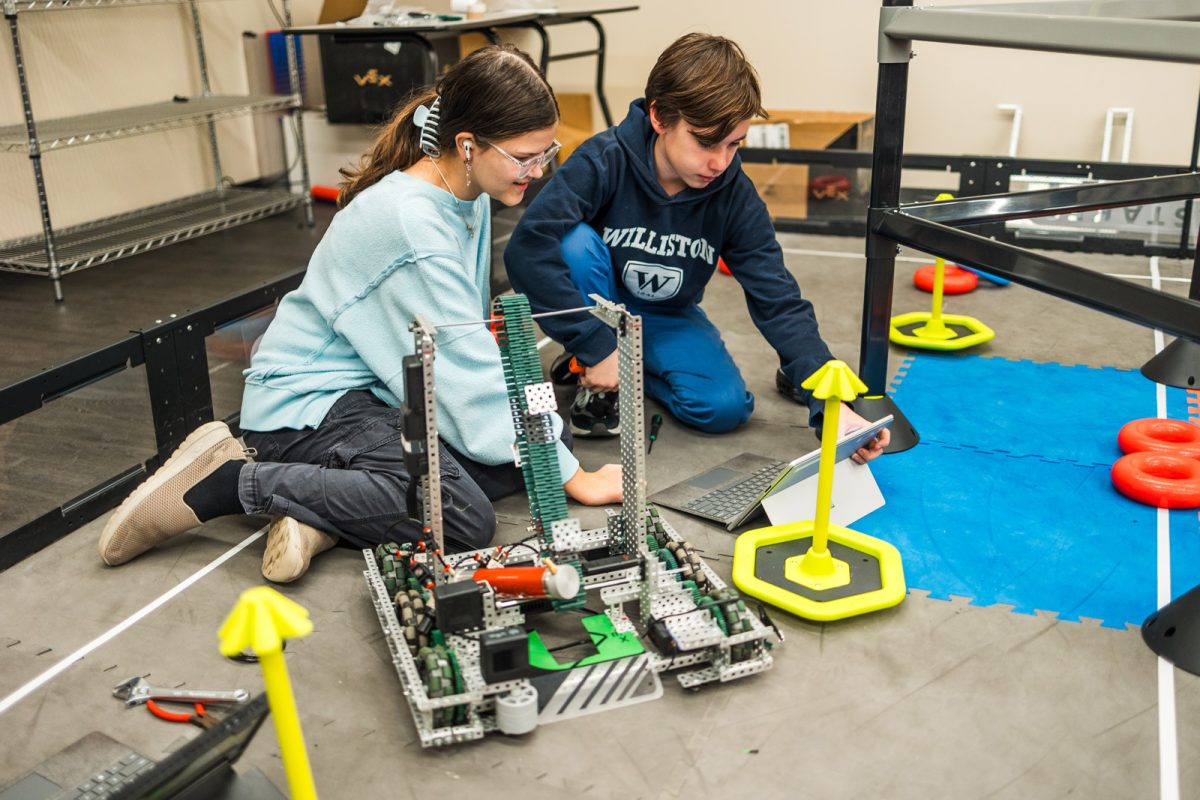by Katelin Murray ’15
Imagine a world where you hear the sound of gunshots more often than birds’ chirps. You wake up unsure of whether or not you will have power or running water. You walk down your block and are watched by snipers on the roofs. Your government spies on your internet and cell phone activity and will shut it off at random times. The airports are shut down and military checkpoints stop and search you everywhere you go. Your cousin was shot in the arm last week. Your neighbors buried their daughter last night. Your mother can’t afford the high prices of food anymore, so you go to bed hungry. You live in constant fear of your own neighbors and your own government. Put yourself in this position and you are only scraping the surface of what daily life is like for regular people in Syria.
Starting in March of 2011, unrest began in Syria. The Syrian government, lead by its dictator, Bashar al-Assad, reacted harshly to peaceful street protests by its people against the corrupt government. Instead of trying to please protesters and issue reform, Assad ordered military attacks to crush the protesters. This sparked retaliation from rebel groups and lead to a full scale civil war which has caused thousands of deaths and total chaos within Syria. What started out as peaceful protests, inspired by Tunisia and other Arab countries who had succeeded in their own government reforms, morphed into a violent and brutal civil war which is still continuing to escalate.

Throughout Syria’s unrest, the US has tried to stay as a nonparticipant in the war and has not yet sent in ground troops. However, because both the Assad regime and the rebel groups are becoming increasingly desperate as the war drags on, many analysts fear that Syria will force the US into the war through large-scale war crimes. If the Assad regime’s efforts fall, it is likely that Al Qaeda will rush into Syria to build a recruiting ground among the new regime. Recently, US intelligence reports have shown that Assad may be planning to use chemical weapons against his people to try and crush the opposition, to which Obama has issued a public warning. More civilian casualties occur every day in Syria and the situation is getting uglier and uglier.
 To Americans like us who are not living in the conditions that Syrians are living in, Syria’s issues may be hard to relate to or understand. Still, Syria’s increasing tension bring the US closer to military intervention every day. If this occurs, our already fragile economy will be hurt by the necessary rise in military funding. Turmoil in Syria will effect our gas prices. Al Qaeda’s involvement could threaten our safety. So don’t brush Syria off as an issue that doesn’t matter to you. Sooner or later, the events in Syria are going to impact your life.
To Americans like us who are not living in the conditions that Syrians are living in, Syria’s issues may be hard to relate to or understand. Still, Syria’s increasing tension bring the US closer to military intervention every day. If this occurs, our already fragile economy will be hurt by the necessary rise in military funding. Turmoil in Syria will effect our gas prices. Al Qaeda’s involvement could threaten our safety. So don’t brush Syria off as an issue that doesn’t matter to you. Sooner or later, the events in Syria are going to impact your life.








